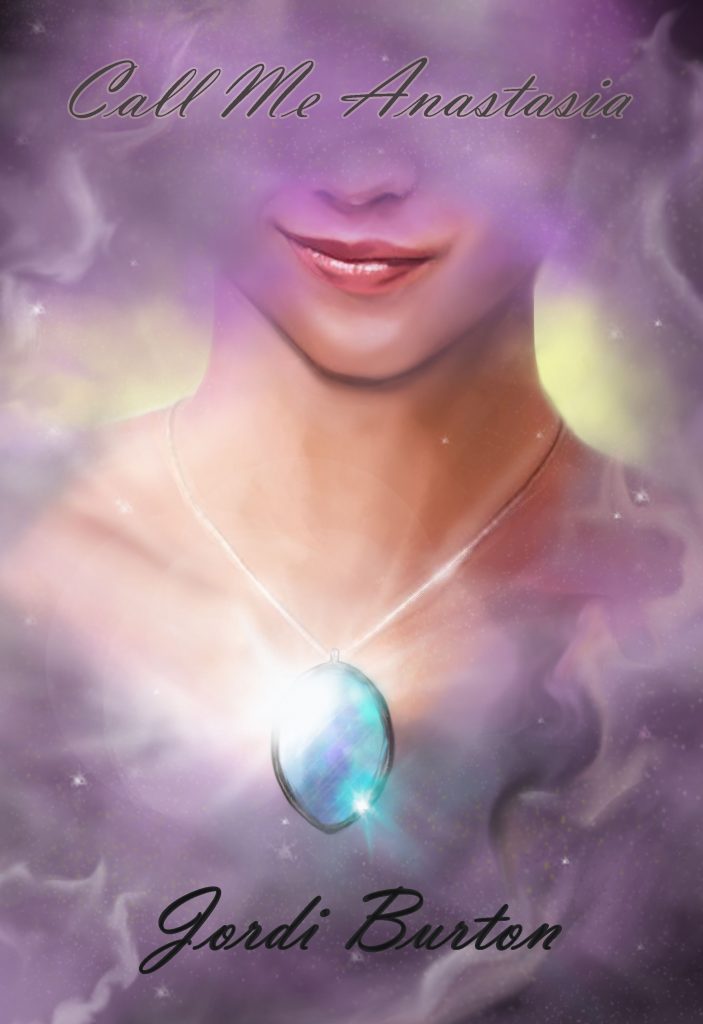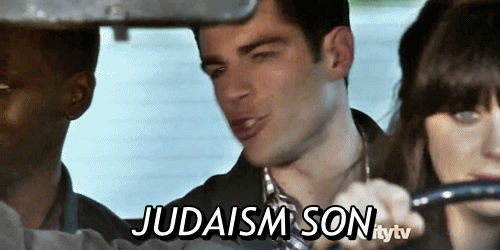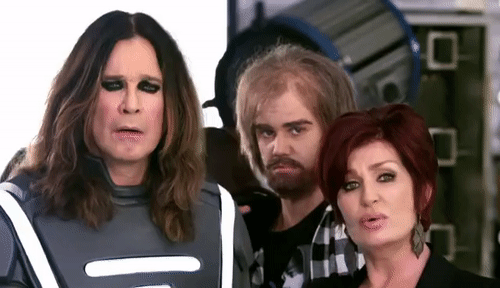I’ve been asked numerous times about the self-publishing vs. traditional publishing debate. Here’s what I’ve learned from my own work, as well as from my mentors.
Traditional Publishing:
So, you’ve finished your novel. Now, you have two options: 1) find an agent, or 2) try to go directly to a publisher. You’ll find a lot of lingo you might not be familiar with. The first to consider yourself with is unsolicited vs solicited manuscripts.

Many publishers won’t take unsolicited manuscripts, which really means a manuscript that isn’t attached to an agent. Smaller presses accept unsolicited manuscripts, but larger publishers will only accept solicited, meaning you’ll need an agent to get your foot in the door.
The way you’ll find an agent or publisher will be through the Literary Marketplace. Yes, Google is a viable source, but the Literary Marketplace houses everything you’ll need. It’ll tell you whether you need an agent, what genres these agents or publishers are looking for, and it’ll give you a correct way to contact them. The Marketplace is a rather large book. I got mine back in 2013 for about $13. I’m not sure what they go for nowadays, but I found it an irreplaceable source.
Once you comb through the Marketplace and make your list of agents and/or publishers, you’ll need to craft a query letter or cover letter. These are basic letters that will haunt you—I mean, be a part of your life as an author. (You can find great templates to follow on Google. Pick the one that feels right for you!)
The other thing to consider is that when you reach out to an agent or publisher, there’s something called simultaneous submissions. Most, if not all, agents and publishers say they don’t accept simultaneous submissions, which really means you can only send your query to one agent or publisher at a time. Then, you’ll have to wait three months before you can send your info to the next person on your list. This can seem tedious, but it’s because the agent/editor/publisher wants the exclusive right to offer you a contract if they like your work.

A thing to remember is that your manuscript MUST be complete before you query anyone. Otherwise, you’ll get shut down. You’ll need a complete wordcount, which shouldn’t be 10,000 words above or below the average wordcount for your specific genre. Even if you’ve got the next Harry Potter, agents and publishers won’t want to take that kind of risk with a baby writer.
The best thing about traditional publishing—outside of not spending your own money to bring it to life—is their marketing team. However, my old English professor explained to me that just because you’ve got a crackpot marketing team doesn’t equate success.
For example, if your novel comes out the same time as a Stephen King novel, you could have the best marketing team in the world, and you book would still be put on the back shelves and forgotten.

Another thing to consider is the content itself. You may have heard horror stories about the editing department deciding at the last minute that they want to change the name of your main character. And they have every right to do so. A basic publishing contract gives the company the right to make changes that will make the book better for marketing. You could end up with a story similar to, but not exactly the same as, when you entered.
Self-Publishing:
You have to worry about none of the above with self-publishing. That being said, this is not the easier option. Yes, you have complete creative control. But, you have complete creative control.
You’re the cover designer, the editor, the formatter, the marketer, the distributer, etc. Sure, you can hire most of these people, but that means you’re paying out-of-pocket for services that are readily available for free with a traditional publisher.
That being said, there is nothing that compares to seeing the cover you’ve envisioned come to life. To putting your blood, sweat, and tears into your manuscript and seeing it become a physical book you hold in your hands. The only changes you make are the ones you want, and, in the end, you get the book you wanted.

However, you’re responsible for marketing. You have to be extroverted enough to sell yourself to friends and strangers. You need to believe in your product enough to put yourself out there. You have to be ready to work hard at earning sales. Just because you put it up on Amazon doesn’t mean you’ll immediately make money. You have to beg people for reviews, climb your way to success. But that doesn’t mean self-publishing is the harder path to choose.
I spoke with an author at Florida SuperCon who had been self-published and traditionally published. She said that she preferred self-publishing because of the creative control, the control over marketing, and the higher royalty percentage. Turns out, she made more money through self-publishing.
There are also a number of self-publishing options out there. Amazon’s Kindle Direct Publishing (formerly CreateSpace) is the most popular, given its user-friendly formatting and Amazon platform. There’s sure to be one to fit your budget and computer skills. However, it isn’t always cheap. If you want to self-publish right, things will add up.
On average, it costs $350 (for a cover) + $125 (for an ISBN—unless you use one KDP provides, which is free) + $875 (for editing, depending on your editor’s rates and work needed) + your time and sanity = $1,350. Which isn’t counting formatting (if you need to pay for help), marketing, and little things that could pop up along the way.

Self-publishing is a lot of work. And that’s just the tip of the iceberg. But I feel that it’s worth it in the long run, when you get to look the people you love in the eye and share your dream with them. Because, as Capital One used to say, that’s priceless.




